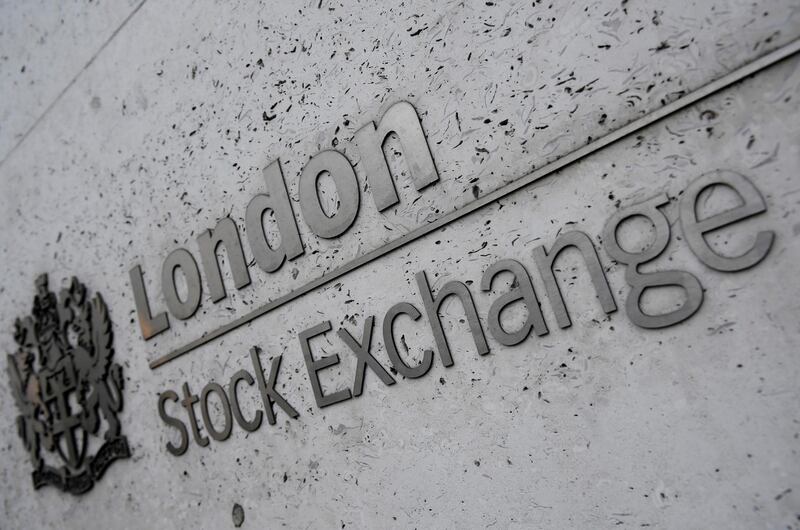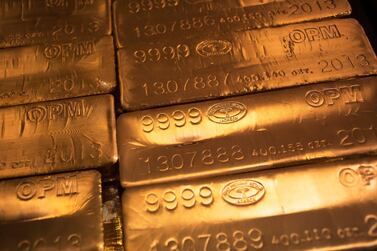The world’s first actively managed global equity Sharia-compliant exchange traded fund (ETF) will list on the London Stock Exchange on Wednesday, as it looks to capture investor interest from the Middle East and UAE.
The ETF from UK financial services group Almalia aims to achieve capital growth over the medium to long by investing in companies with high returns on capital and low leverage. The asset management and investment screening – to ensure the product remains Sharia-compliant – will be supervised by Sanlam Investments UK, which oversees £5.3 billion in funds.
"The status quo in the ETF market has always been to track some sort of index but actively managed will allow us to outperform the MSCI Islamic Global Equity Index. Our long-term track record has demonstrated a significant outperformance over time," Pieter Fourie, global head of equities at Sanlam, told The National. "The ability for an active manager to add value versus the global equity Islamic index is something the market needs – it's an underserved market."
ETFs are bought and sold like shares but typically operate as index-tracking funds, passively following a chosen index, such as the S&P 500 or a commodity like gold. The financial products come with zero upfront fee and annual charges as low as 0.07 per cent, giving investors more of a return as actively managed funds charge around 1.5 per cent to 2 per cent.
The Almalia Sanlam ETF, however, comes at a slightly higher total expense ratio of 0.99 per cent.
“The average ETF will be around 40 to 50 basis points so the notion they are always cheap is not quite correct there, so our fee comes in just below 1 per cent - significantly lower than most actively managed Islamic equity active funds, but a little bit higher than your typical ETF," said Mr Fourie.
While analysts welcome more choice for Islamic investors, just because something is Sharia-compliant "doesn't mean it is the right choice for your investment portfolio” said Steve Cronin, founder of deadsimplesaving.com, an independent community for financial education in the UAE.
“A quick glance at Standard & Poor's Spiva scorecards shows that most active funds underperform their benchmark index, typically by about the size of their fund management fees," Mr Cronin said. "Screening for Sharia compliance does have a cost associated with it: the iShares MSCI World Islamic ETF has fees of 0.6 per cent compared to 0.2 per cent for iShares' non-Islamic version. But with fees of 0.99 per cent, the Sanlam active ETF will have to significantly beat its benchmark over the long term to justify its fees.”
Assets invested in global ETFS and exchange traded products broke through the $7 million milestone at the end of August, according to research and consultancy firm ETFGI. The financial products gathered net inflows of $55.18 billion in August, bringing year-to-date investments to $428.25bn, significantly higher than the $272.62bn gathered at the same point last year.
The Active Sharia Global Equity ETF, which currently invests in 23 companies specialising in healthcare, consumer staples and IT, will target institutional investors such as pension funds, large family offices in the UAE and wider Middle East, Mr Fourie said, with other target areas including Malaysia and Mauritius.
While Mr Fourie, who has 22 years of experience managing money and is supported by six investment professionals, says there are “no guarantees” in the investment world, he is confident his expertise will help the ETF not only beat the benchmark, which tracks 300 companies, but also attract a myriad of investors, including non-Muslims. The product will also be listed in Germany and Italy.
“You do get investors in the UK, for example, that will invest because they like the nature of the fund. Maybe they don’t like companies that have gambling exposure so therefore it’s suitable not only for Islamic investors but also for investors that feel that the nature of their underlying investments suits their own beliefs,” he said.
However, Mr Cronin said: “Active ETFs are shiny new objects designed to mask the decline of an industry in crisis, as more and more people realise that active fund management isn't particularly good for your money.”








